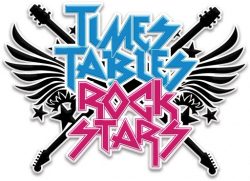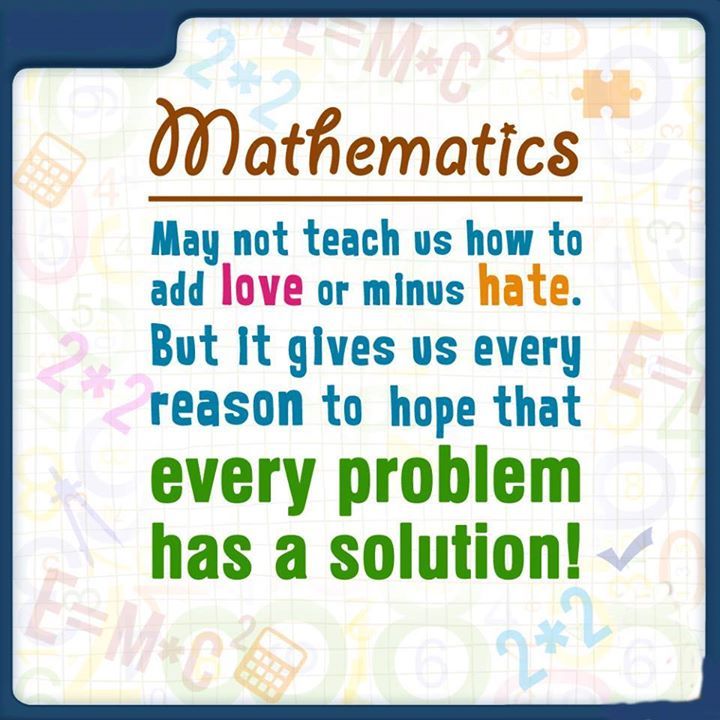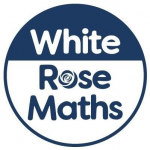Policies and Key Information
Our philosophy is that each child at Millbrook Community Primary School will become competent in Mathematical knowledge and skills whilst having a positive attitude towards the subject. Our vision is to inspire in every child, a love for learning and a deep understanding of mathematical concepts. We provide a stimulating and supportive environment where all pupils feel confident in their ability to engage with mathematics and recognise its importance in their everyday lives.
Our aim is to equip pupils with the mathematical tools they need to succeed in the next stages of their education and to become lifelong learners who appreciate the beauty and power of mathematics. Fluency and automaticity are integral in this process. By nurturing a strong foundation in mathematics, we aim to empower our pupils to contribute positively to varied situations.
We believe that all pupils can succeed in mathematics and are committed to fostering an inclusive and encouraging atmosphere where mistakes are seen as opportunities for growth and learning. Our approach is rooted in the principles of curiosity, resourcefulness, and perseverance, enabling pupils to approach problems with confidence and resilience.
Through a rich and balanced curriculum, we strive to develop critical thinkers who can apply mathematical reasoning to solve simple and complex problems. We emphasise the importance of mastery, ensuring that pupils not only acquire mathematical skills but also understand how and why they work. Mathematics is built on each year and so, throughout school, children will be following the Concrete, Pictorial, Abstract strategies of teaching to deepen understanding.
Our belief is that mathematical language is crucial in primary school as it helps children articulate their thinking, develop a deeper understanding of concepts, and effectively communicate their ideas, laying the foundation for future learning and problem-solving skills.
Maths Ambassadors
At Millbrook, we are proud to recognise our Maths Ambassadors as children who embody our mathematical ethos. Through a variety of engaging activities such as Maths Competitions, Rock Star Slams, and collaborative challenges, our children sharpen their skills and deepen their understanding of mathematical concepts. The Maths Ambassadors support and encourage other children across the school in NURTURING a love for numbers, INSPIRING innovative thinking and DEVELOPING the confidence to tackle real-life problems. We celebrate the outstanding achievements of our Maths Ambassadors, who consistently demonstrate enthusiasm and passion in the world of mathematics! Our Maths Ambassadors are selected annually.
Meet the team: Mason, Gracey, Sonny, Hollie
DO WE STILL FOLLOW THE NATIONAL CURRICULUM?
- Absolutely; we want to ensure that all pupils:
- Become fluent in the fundamentals of mathematics
- Reason mathematically
- Can apply mathematics to solve problems
Maths Hub: North West Three. NCETM.
Working and engaging with NorthWest 3 Maths Hub in the sustaining phase, means that we are continuing to strive for teaching for mastery approach across the whole school. The sustaining phase is focused on maintaining the standards achieved through earlier phases of collaboration, professional development and teaching for mastery approaches. We will continue to refine and reflect our current practices, ensuring consistency and fostering a love of mathematics. This approach will have a lasting impact on pupil outcomes in mathematics.
 TIMES TABLE ROCKSTARS
TIMES TABLE ROCKSTARS
When it comes to times tables, speed AND accuracy are important – the more facts your child remembers, the easier it is for them to do harder calculations.
Times Table Rock Stars is a fun and challenging programme designed to help students master the times tables!
To be a Times Table Rock Star you need to answer any multiplication fact up to 12×12 in less than 3 seconds!
Each week, your child will be learning and practicing one or several times tables – they will be aiming for accuracy and speed.


Day 1 Competition Celebration


Celebrating with Ice Creams

18th BEST School in England

Awarding excellence in each class
LEARNING MULTIPLICATION FACTS
Learning multiplication facts is a vital part of any child’s mathematical development. Once rapid recall of multiplication facts becomes possible, a whole host of mathematical activities will seem easier. Children need to be able to recall multiplication facts in any order and also to derive associated division facts. The expectations for each year group are set out below:
Year 1
Count in multiples of 2, 5 and 10.
Year 2
Count in steps of 2, 3 and 5 from 0.
Recall and use multiplication and division facts for the 2, 5 and 10 multiplication tables.
Year 3
Count from 0 in multiples of 4, 8, 50 and 100.
Recall and use multiplication and division facts for the 3, 4, and 8 multiplication.
Year 4
Count in multiples of 6, 7, 9, 25 and 1000.
Recall and use multiplication and division facts up to 12 × 12.
By the end of Year 4, pupils should have memorised their multiplication tables up to and including the 12 multiplication table and show precision and fluency in their work.
Maths Award
Each week, our school recognises outstanding mathematical achievement through the Weekly Maths Award. This award is given to a child in each class who may demonstrate exceptional problem-solving skills, articulate reasoning, rapid and/or improving times table recall and efficient calculations. It also celebrates perseverance, creativity and a positive attitude towards learning in Maths. Whether through excelling in classroom activities, helping classmates, or showing significant improvement, the recipient embodies the spirit of curiosity, enthusiasm and hard work in mathematics. The goal of the award is to celebrate and encourage a love for maths, inspiring all children to engage more deeply with the subject and pursue their full potential.
Maths at Millbrook
Useful Links
The 38 Times Tables Challenge
https://komodomath.com/blog/the-38-challenge-times-tables-practice
Multiplication Games
Multiplication and Division Games
www.topmarks.co.uk/maths-games/7-11-years/multiplication-and-division
Times tables games
Helping your child at home
ICT Games
Times Tables test
Mathletics
Teaching Tables
Parent Help Section
Full blog available to read here:
https://wordunited.com/tips-for-teaching-kids-about-money/
Full blog available to read here:
https://wordunited.com/7-kids-telling-time-games-and-resources/












